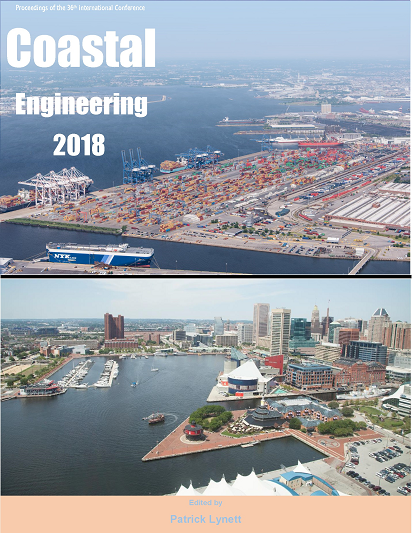Abstract
Ports play an important role in worldwide economy, being crucial nodes on the global trading network. Besides, they are singular infrastructures with a long useful life that made them highly sensitive to changes in climate conditions (IPCC, 2014). Their location in coast, rivers or lakes provides high exposure to a wide variety of hazards including sea level rise, changes in extreme sea levels (waves, storm surge) or flooding. Moreover, port operations are susceptible to weather conditions that can lead to disruptions in the commercial activity and, thus, monetary losses. In this context, the development of risk assessment due to climate change and extreme events and adaption guidelines has become a priority for ports and, indeed the economies of countries. However, despite this concern on the part of the sector, to date there are few methodologies, tools or work done in this line.References
Becker A., S. Inoue at al. (2012). Climate Change impacts on International Seaports: Knowledge, perceptions and planning efforts among port administrators. Climatic Change, 110, 5-29.
IPCC 2014. 5th Assessment Report, Working Group II. Impacts, Adaptation and Vulnerability.
Authors retain copyright and grant the Proceedings right of first publication with the work simultaneously licensed under a Creative Commons Attribution License that allows others to share the work with an acknowledgement of the work's authorship and initial publication in this Proceedings.

